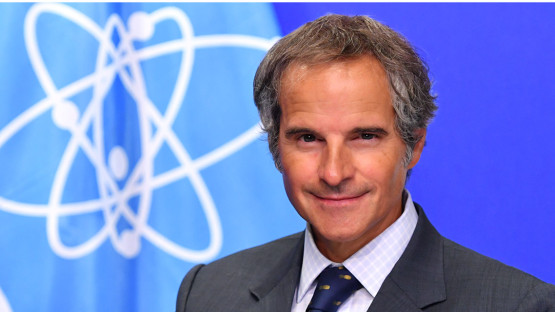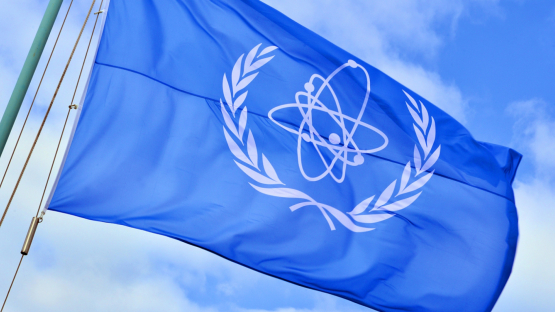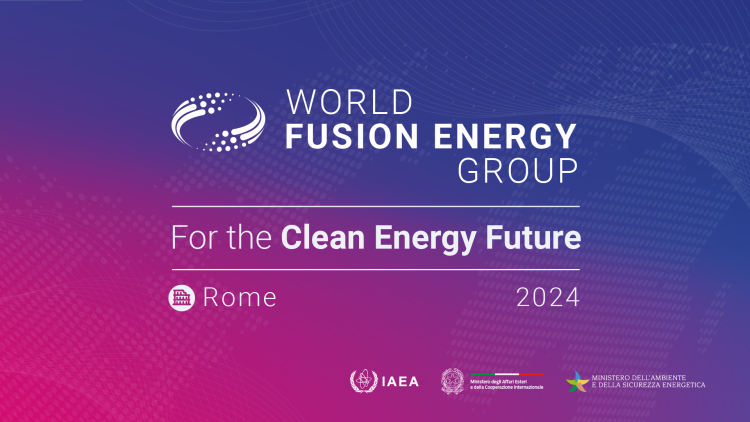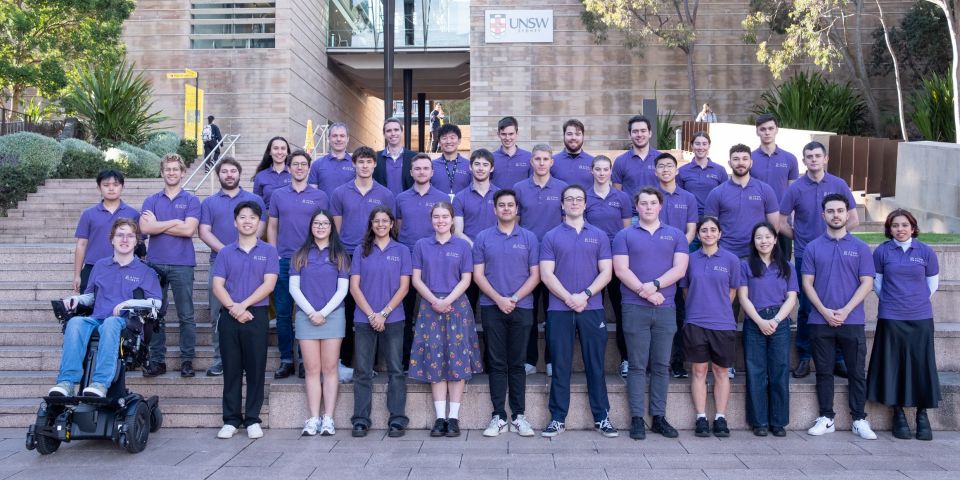IAEA’s Grossi highlights the growing promise of nuclear energy

The peaceful uses of nuclear science and technology today hold more promise to heal the world since Austrian Swedish physicist Lise Meitner and her colleagues discovered nuclear fission in 1938, said Rafael Mariano Grossi, director general of the International Atomic Energy Agency, in a new essay titled “Nuclear Must Be Part of The Solution” published by the magazine Foreign Affairs.
Atoms for Peace: Grossi described how the world has strayed from President Eisenhower’s vision of Atoms for Peace—as North Korea develops a nuclear weapons program, Iran enriches uranium to military grade, arms control and disarmament treaties collapse, and threats of nuclear weapons being used in conflicts in Europe and the Middle East continue to grow.
At the same time, Grossi noted that nuclear energy is providing large amounts of low-carbon electricity in Europe and the United States, China is building numerous nuclear power plants, India is considering nuclear power expansion, nuclear medicine is raising hopes of cancer cures in developing nations, and nuclear technologies are playing increasing roles in agriculture.
Nonproliferation: Grossi described the 1970 Treaty on the Non-Proliferation of Nuclear Weapons (NPT) as a “grand bargain” in which states without nuclear weapons promised not to develop or acquire them and to submit to IAEA inspections to verify their adherence. Nuclear weapons states also promised in good faith to eliminate their arsenals, while other nations pledged not to develop such weapons.
Unfortunately, he continued, the NPT has since come under “undeniable stress,” with Israel, India, and Pakistan not joining the treaty; North Korea and Iran pursuing illegal or questionable nuclear programs; and existing stockpiles of nuclear weapons growing.
The next NPT review conference will occur in 2026.
Peaceful purposes: Grossi stressed the importance of the NPT not only for its nonproliferation benefits, but also for its facilitation of “the exchange of equipment, training, and scientific information for the peaceful use of nuclear energy.” He said, “The IAEA has a mandate to expand access to nuclear technology for peaceful purposes. . . . The uses of nuclear technology and science are so varied that they directly support more than half [of] the UN’s Sustainable Development Goals (and indirectly support all of them).”
After detailing the energy, medical, and climate benefits of nuclear technology, Grossi pointed out, “Around the world, countries are recommitting to nuclear energy or embarking on developing it.” He cited recent pronuclear actions in Bulgaria, the Czech Republic, France, Hungary, Romania, the United Kingdom, India, China, South Korea, Japan, United Arab Emirates, Egypt, Turkey, Russia, Canada, and the United States.
Net zero and fusion: Grossi then turned to the promise of advanced nuclear technologies for reaching the goal of net-zero carbon emissions. He noted that these technologies “can recycle spent nuclear fuel, leaving less waste, and . . . small modular reactors . . . could make up about ten percent of the world’s nuclear power capacity [by 2050], distributing electricity in developing countries and providing more affordable options for smaller grids, such as those operated by industries in remote locations.”
Regarding nuclear fusion, Grossi said, “We must continue to back fusion so it will be able in the not-too-distant future to produce nearly unlimited quantities of power with almost no harmful waste at all. The establishment of a worldwide fusion platform by the IAEA—working with the G7 and other bodies, including the 35-nation fusion experiment known as ITER—is moving us closer to fusion electricity than ever before.”
Embrace nuclear: Grossi concluded his essay by noting, “We face a convergence of challenges: climate change, energy, water and food insecurity, and the need to provide health care for all. Floods, fires, and droughts portend a disastrous future. But we have the means to avoid the worst and to adapt to new realities—with nuclear technology as a vital part of the solution. Global leaders must embrace and scale up this tool in ways commensurate with the challenges we face.”









